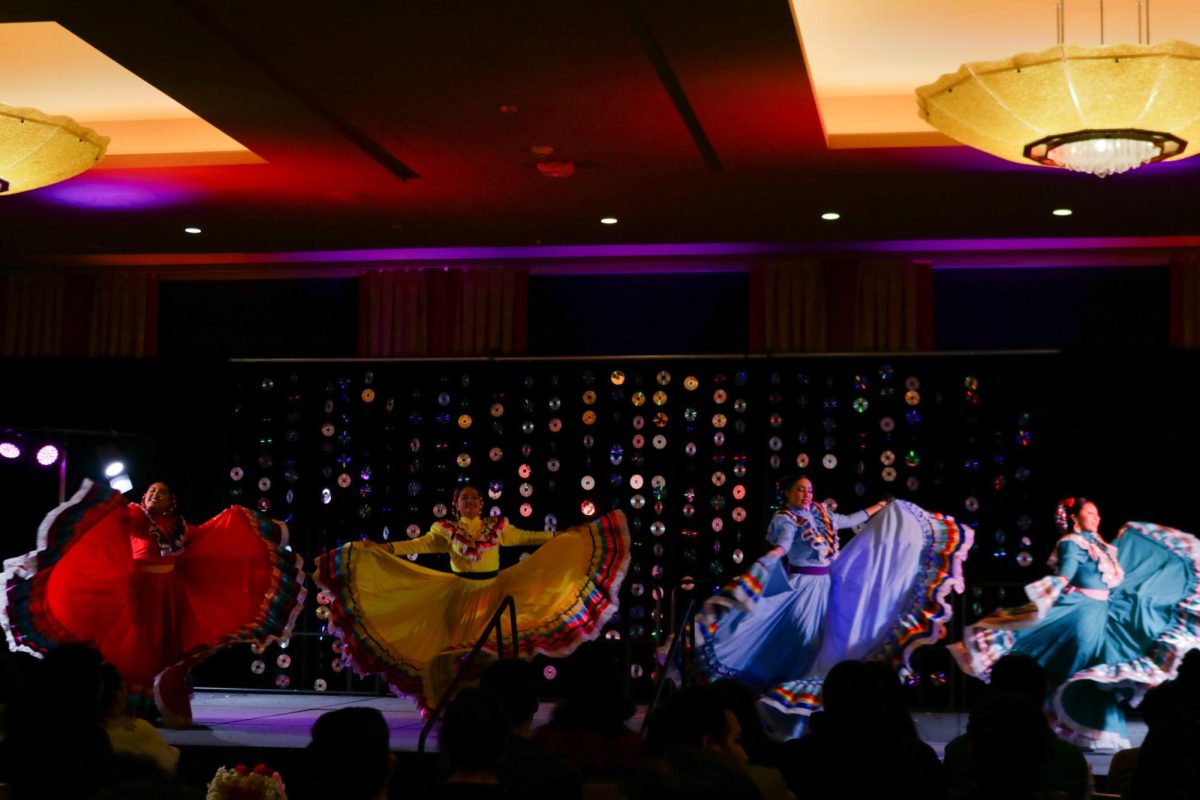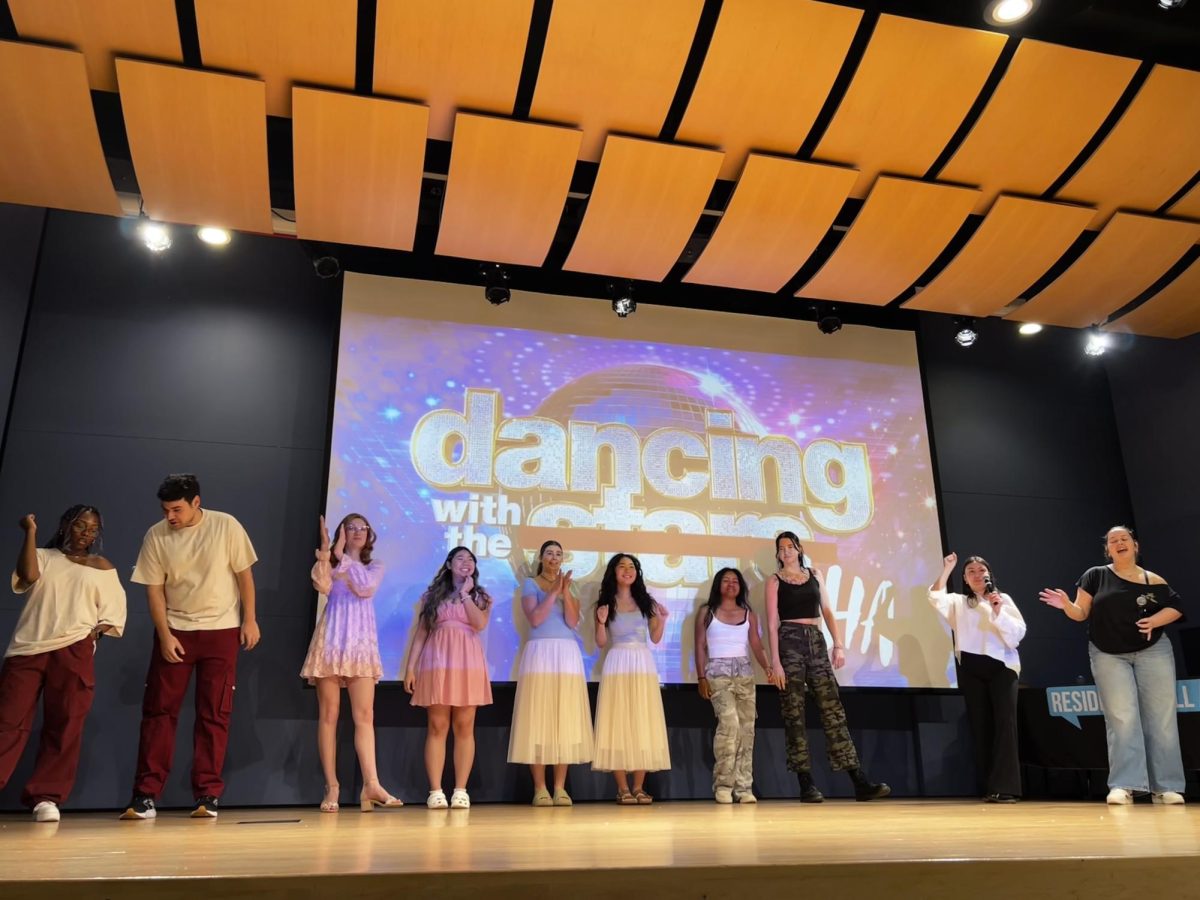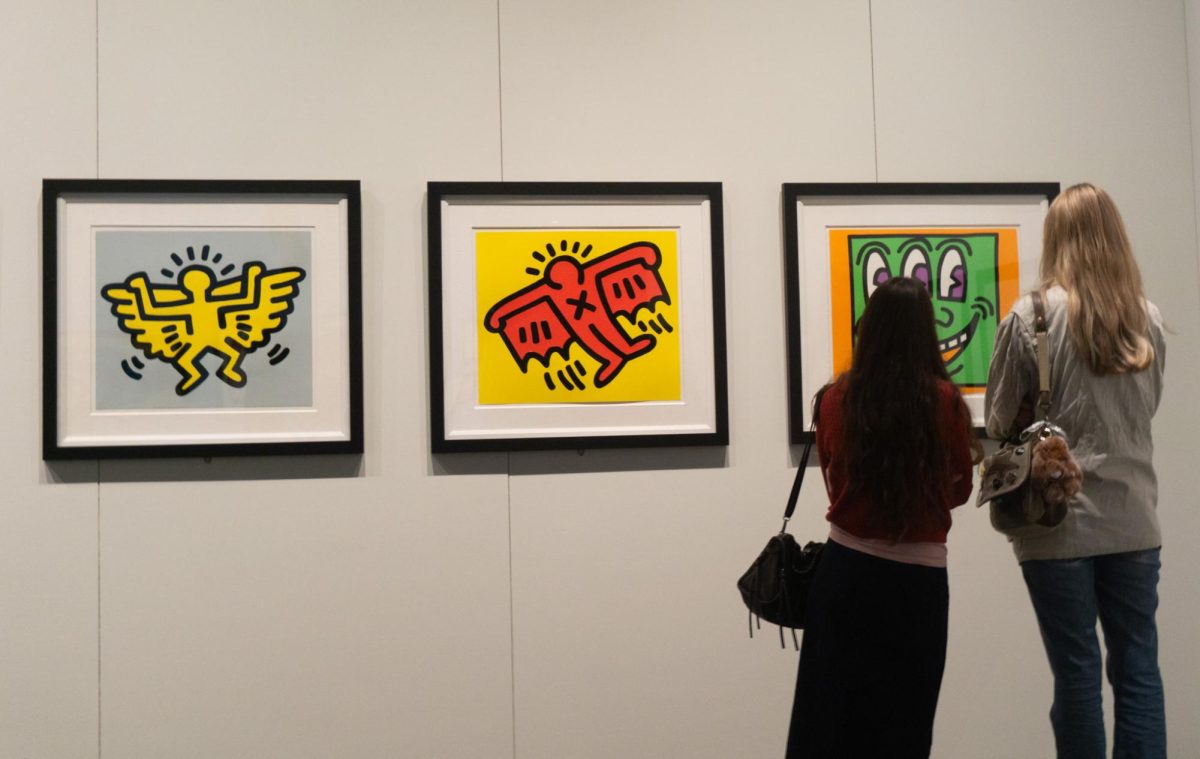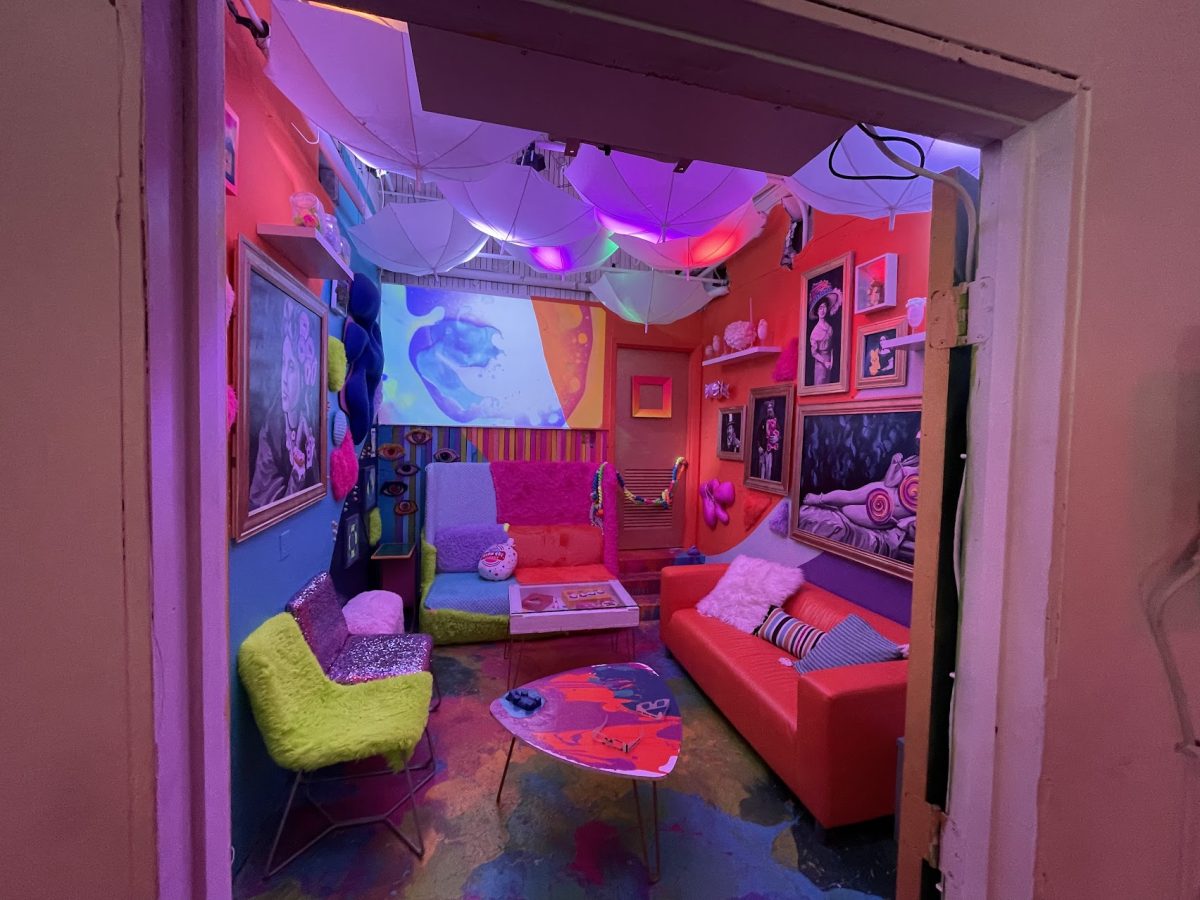Sometimes, history is a little bit difficult to fathom. Yet, regardless of how uncomfortable we may feel, it is important to learn about all cultures instead of simply focusing on one.
In the recently introduced Freedom Film Series, put on by the Global African Studies program, the film “Black Power Mixtape 1967-1975” documents the civil rights movement after the assassination of Martin Luther King Jr. and the birth of a more progressive form of civil rights activism called the Black Power movement.
Through the lens of Swedish reporting cameras searching for the “true” America, we see the multiple faces of this movement in the form of different leaders, such Bobby Seale and Angela Davis, as African Americans continue to fight for their freedoms in a time after individuals like King Jr., Rosa Parks and Roy Wilkins inspired a nation.
Professor Saheed Adejumobi experienced the cultural reverberations the movement created as a young man in Nigeria.
“By the time I showed up, the Black Power movement was already unwinding in its more political manifestation– as a young boy in the seventies,” Adejumobi said, “But we felt the full impact; the impact of Black Power was, or should I even say still is, universal, hence the 2011 release of this film.”
The Black Power movement was one of the more remarkable events that most individuals didn’t and still don’t learn about until after high school if they are given the opportunity to reach higher education.
“[The Swedish reporters] were trying to strip away the veneer of the perfect society– they wanted to physically strike at the core of the problems of the period, when the U.S. was committed to militarism in Vietnam and promptly distracted from dealing with the issues right out of most marginalized members of society,” said Adejumobi.
The film succeeds at showing the different faces of the Black Power movement and giving a human quality to the formely believed-to-be stoic movement. It gives background to the stories of Stokely Carmichael, a quiet but outspoken man who respected the peaceful form of protest of Martin Luther King Jr., but pushed for a more radical change. The film also highlighted Angela Davis, who used her firsthand experiences with racism, her travels, and her higher education to push for justice for African Americans and the poor in the ‘60s and ‘70s.
“I thought the film was a very interesting-in depth look at the actors in the civil rights movement,” said Allason Leitz-Lesch, president of Yole!Africa U.S., who is also working toward a Global African Studies minor.
The event was not only open to students, but also to the community. Attendee Pamela Lewis-Bridges grew up in Baltimore close to the events that were transpiring in the film.
“I lived the heart of the ‘60s, and I wanted to be a Black Panther so bad, I really did, because I really believed in the freedom fighting, but my mother wouldn’t let me,” Bridges said during the open forum that was held after the screening.
Adejumobi hopes that the film would help contextualize the movement, making it more relatable for students and other youth.
The next events held by the Center for the Study of Justice in Society will be a film titled “Vocabulary of Change” on Oct. 6, which is open to the public. The films “Free Angela and All Political Prisoners” and “Visions of Abolition: From Critical Resistance to a New Way of Life,” will be on Oct. 13 and Oct. 23. Both require an RSVP. Angela Davis will be giving a sold-out lecture in the Campion Ballroom on Oct. 17.







